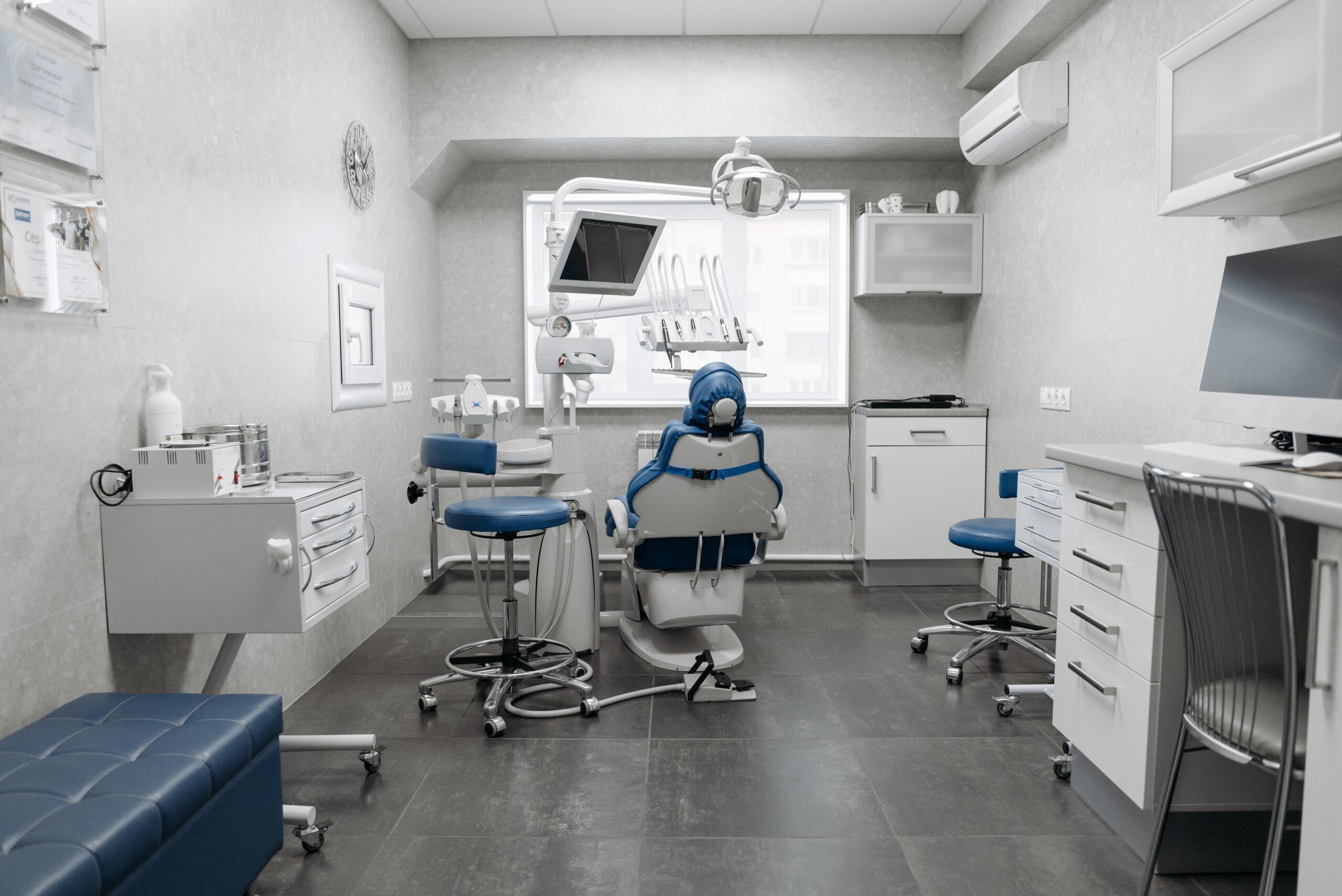Business Tax Planning Strategies – Section 179
Running a business can be challenging, and every dollar saved matters.
If you’re a business owner, you’ll want to take advantage of every opportunity to reduce your tax burden and invest back into your business. One important opportunity is Section 179 of the Internal Revenue Code.
What is Section 179?
Section 179 is a tax provision that allows businesses to deduct the cost of qualifying equipment and property purchases in the year they are placed into service, rather than depreciating them over several years. This tax deduction is designed to incentivize businesses to invest in themselves by providing immediate tax relief.
Example: Let’s say you own a dental clinic, and in 2023, you decide to purchase a new dental chair and digital X-ray machine to enhance your practice. The total cost of these items is $50,000.
Without Section 179:
- Under normal depreciation rules, you might have to spread the deduction over several years, typically around five to seven years.
- This means that instead of deducting the entire $50,000 in one year, you would only deduct a portion of it each year, resulting in a slower reduction of your taxable income.
With Section 179:
- You choose to utilize Section 179 for these purchases.
- You can deduct the full $50,000 in the year you place the equipment into service, which is 2023.
- This immediate deduction provides significant tax savings by reducing your taxable income for the year.
In essence, Section 179 allows you to benefit from the entire tax deduction right away, rather than spreading it out over several years, providing immediate financial relief and incentivizing investment in your business.
Section 179 can be especially helpful for medical practices.
Section 179 can significantly benefit medical professionals who need to invest in items like medical equipment, electronic health record systems, and even office furnishings.
Let’s consider a physician who owns a small business. In 2023, Dr. Smith decided to invest in new medical equipment for her business, including an MRI machine and updated diagnostic tools, totaling $300,000. She was aware of Section 179 and decided to use it to her advantage.
Dr. Smith’s Tax Savings Calculation:
- Total Equipment Cost: $300,000
- Section 179 Deduction Limit (2023): $1,160,000
- Dr. Smith’s Taxable Income before Deduction: $300,000
- Section 179 Deduction: $300,000 (the full cost of equipment)
- Dr. Smith’s Taxable Income after Deduction: $0
Assuming Dr. Smith’s business had a 30% tax rate, her tax savings would amount to a whopping $90,000! That’s money she can reinvest in her business, hire more staff, or improve patient care.
How you can reduce your business taxes through Section 179
Now that you understand the benefits of Section 179, here’s a simple exercise to help you incorporate it into your tax planning:
-
Assess Your business Needs:
- Identify any qualifying equipment or property your business needs or plans to purchase in the upcoming tax year. This could include medical devices, patient management software, or even office furniture.
-
Budget Wisely:
- Determine your budget for these purchases. Remember that Section 179 has a deduction limit, so be mindful of how much you plan to invest.
-
Consult a Tax Professional:
- It’s crucial to consult with a certified tax professional, like ISCPA, l who specializes in tax mitigation.
-
Document Your Purchases:
- Keep meticulous records of your qualifying equipment or property purchases, including invoices, receipts, and proof of payment.
-
Claim the Deduction:
- When it’s time to file your business taxes, work with your tax professional to claim the Section 179 deduction, reducing your taxable income accordingly.
Incorporating Section 179 into your tax planning can mitigate taxes, and improve the quality of services offered to your clients.
Understanding that tax laws can change, it’s always best to work with a skilled professional for the best results and peace of mind. That is why ISCPA is here. We have a long and strong history of very satisfied clients, who legally mitigate the lion’s share of taxes through our skilled application of loopholes and strategies like this one. Schedule your free consultation today to see how we can help you.










